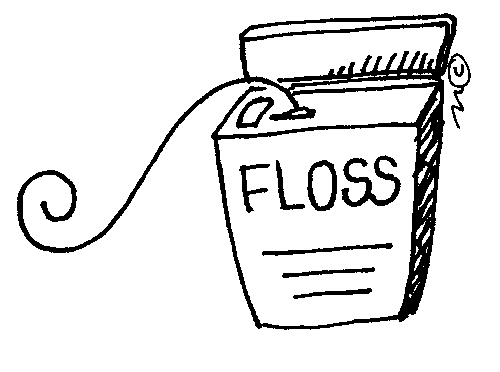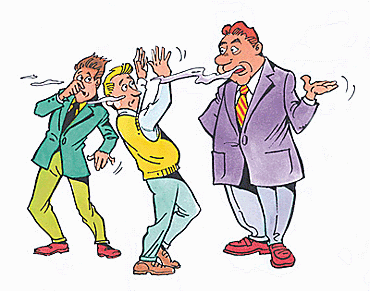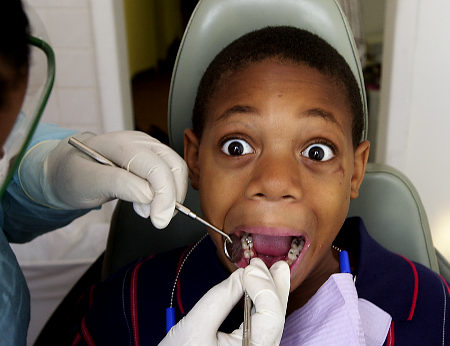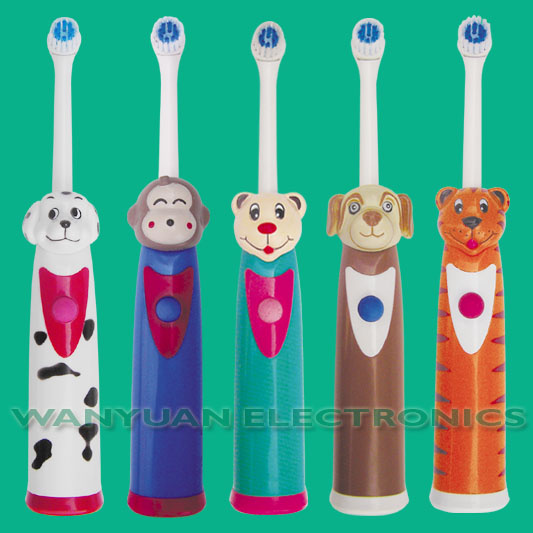
-
73% of people say they would rather go grocery shopping than floss
-
Women are more likely to floss than men
-
People aged 31-60 are more likely to floss than other age groups
-
Approximately 40% of individuals who floss are flossing incorrectly


|
Most people are aware when they have bad breath (halitosis). If you have been told that
you have bad breath, ask your dentist if he or she can help you identify the cause. If it is found that your bad breath is due to an oral condition, your favorite Pleasant Grove dentist may be able to develop a treatment plan to help eliminate it. The most common reasons for bad breath are: Food: Specific spices and foods such as garlic contribute to breath odor. Here is how |


“Women who look after their teeth and gums ‘have lower risk of dementia’”, the Daily Mail says.
The news is based on a long-term study in which elderly adults were questioned about their dental health at the start of the study, including whether they had their own teeth or dentures, and then looked at whether they developed dementia during follow-up using information from questionnaires and medical records.
The study found that men who were not able to chew well because they had few teeth left and who did not wear dentures had an increased risk of dementia compared with those who had more of their own teeth left. They also found that women who reported not brushing their teeth daily had a greater risk of dementia than women who brushed three times daily, and that men who had not visited the dentist in the past year were at increased risk compared with men who had been at least twice.
This study supports the importance of taking care of your teeth. But whether, or by what mechanism, oral health could be directly linked to dementia, it is not possible to say from this study alone. It is possible that any associations may be due to the influence of other confounding factors. For example, people who have received better dental care during their lifetime may also have experienced better overall health and had better lifestyles, which could be associated with reduced dementia risk.
The study was carried out by researchers from the University of Southern California and other academic institutions in California and was funded by the US National Institutes of Health, the Errol Carroll Trust Fund, and Wyeth-Ayerst Laboratories. The study was published in the peer-reviewed Journal of the American Geriatrics Society.
The media has reported this research appropriately.
This was a cohort study that aimed to examine whether oral health – particularly the number of natural teeth and use of dentures – had any association with the development of dementia in elderly people.
A cohort study is a good way of assessing whether a particular exposure (in this case dental health) may influence risk of an outcome (in this case dementia), but they can only demonstrate associations, not definitely prove causality. Other unmeasured health and lifestyle factors could cause the association.
The Leisure World Cohort Study was set up in the early 1980s and included residents of a California retirement community (Leisure World) recruited via mail. The dental health of 5,468 people (3,735 women and 1,733 men) who were aged 81 years on average and who did not have dementia was assessed by survey in 1992. The survey included questions on the number of natural teeth, dentures worn, number of visits to a dentist, and other oral health habits. Participants were asked whether they:
They categorised responses as “every day”, “sometimes”, and “never”. The authors say that 16 teeth have been suggested as the minimum number of teeth that a person of 60 or older requires for adequate chewing function. From this they assumed that a person needs at least 10 teeth in the upper jaw and six in the lower, and used this to classify whether participants had an adequate number of teeth to chew.
Participants in this research were followed up from 1992 to 2010. Dementia cases were identified from follow-up questionnaires, hospital records, death certificates, and in some cases, neurological assessments, such as the Mini-Mental State Examination.
Information on possible health and lifestyle confounders had been collected in questionnaires in the early 1980s, including:
Other information on educational background and family history of dementia or Alzheimer’s was assessed during later follow-up questionnaires. These factors were adjusted for by the researchers.
By 2010, 1,145 participants (21% of the cohort) had been diagnosed with dementia.
The researchers found that men who had poor chewing function and did not wear dentures (in 1992) had a 91% increased risk of dementia compared with men who had enough natural teeth to allow adequate chewing (hazard ratio in men 1.91, 95%confidence interval 1.13 to 3.21). There was no significant association in women.
The only other significant associations found were that women who reported not brushing their teeth daily had a 65% greater risk of dementia than women who brushed three times daily — in the morning, during the day, and at night; and that dementia risk was 89% greater in men who had not seen their dentist within the past 12 months than in those who had seen their dentist two or more times. The numerous other analyses conducted according to frequency of tooth brushing and other dental habits such as use of dental floss or mouth wash, found no association.
The researchers conclude that “in addition to helping maintain natural, healthy, functional teeth, dental health is associated with lower risk of dementia in older adults”.
This study was well-conducted and benefits from a large sample size and thorough follow-up. It supports the importance of taking care of your teeth, but whether, or by what mechanism, oral health could be directly linked to dementia it is not possible to say from this study alone. There are two important limitations:
The researchers conducted extensive analyses involving 60 calculations, only three of which were found to be positively significant, that:
Conducting extensive analyses increases the chance that some significant associations will be found. Also, although the original cohort sample was very large, these two significant associations involved much smaller sample numbers, which decreases the reliability of the risk estimates. Overall, the limited positive findings of this study – only three positive significant calculations among 60 calculations conducted – extremely limits the conclusions that can be made from this study.
Although the researchers did adjust their analyses for certain health and lifestyle factors measured during the early 1980s, we still can’t rule out the possibility that the association is due to confounding factors. People who have received better dental care during their lifetime may also have experienced better overall health and had better lifestyle behaviour, which could be associated with reduced dementia risk. Factors such as smoking, alcohol, exercise and general medical health were only assessed once, so we don’t know whether this gives a representation of longer term patterns. Other factors that may have a potential link to oral health and dementia risk, such as diet, do not appear to have been assessed.
The possibility that receiving better dental care may be associated with better overall health and lifestyle behaviours that reduce the risk of dementia is further supported by the fact that the increased dementia risk was found among people with few teeth left who did not wear dentures. Those who had few teeth left, but did wear dentures, did not have increased risk. If there was a direct link between the health of natural teeth and dementia you would expect to see the same risk among those who did and did not wear dentures. It is possible that the people who did not wear dentures despite having poor chewing function (who were at increased risk of dementia) may not be accessing dental care and this may be associated with poor health or lifestyle behaviours in other areas.
The specific types of dementia – for example, Alzheimer’s or vascular dementia – have also not been evaluated by this study.
Despite the limitations of this study, the overall health message is undoubtedly important. The British Dental Foundation advises that teeth are brushed twice daily with a toothpaste containing fluoride – once before breakfast and then last thing at night, before bed.
Found on this website: http://www.nhs.uk/news/2012/08august/Pages/can-cleaning-teeth-help-prevent-dementia.aspx
Wondering if that hi-tech power toothbrush on display at your dentist’s office is really better than the regular ones? What about a power toothbrush that uses AA batteries? What’s the difference between them all? Things like your brushing technique, how often you brush and the amount of time, experts believe that the type of toothbrush you use will affect how well you remove plaque. In order to decide which type of toothbrush is right for you, it’s helpful to understand what kinds are available and how they differ.
The Three Types of Toothbrushes
The three types of power toothbrushes on the market are rechargeable,manual and battery power.
Difference in Plaque Removal
According to a 2005 independent study, “Brushes that worked with a rotation oscillation action removed more plaque and reduced gingivitis more effectively than manual brushes in the short and long-term… No other powered brush designs were consistently superior..”
Technology and Features
Rechargeable Toothbrush: Electric toothbrushes provide many oral health benefits. Some can even improve your brushing habits. Features include:
Manual Toothbrush: Ordinary toothbrushes don’t provide the benefits and features of rechargeable toothbrushes, the technology featured in their brush heads and bristles can be quite advanced, for example:
Battery Power Toothbrush: These toothbrushes vibrate to provide additional cleaning. features include: